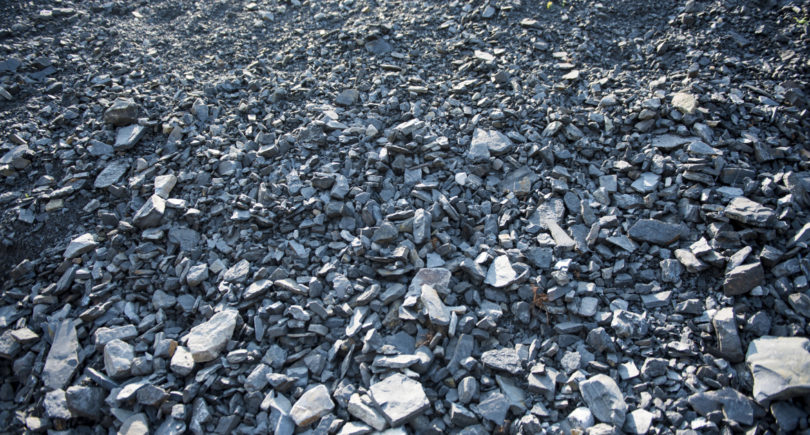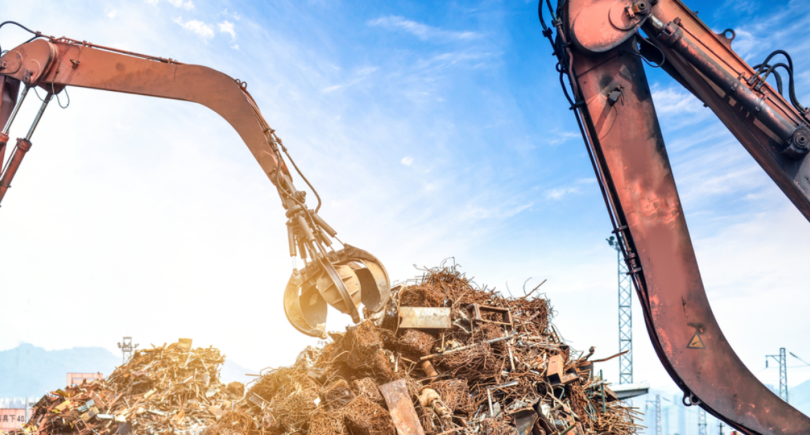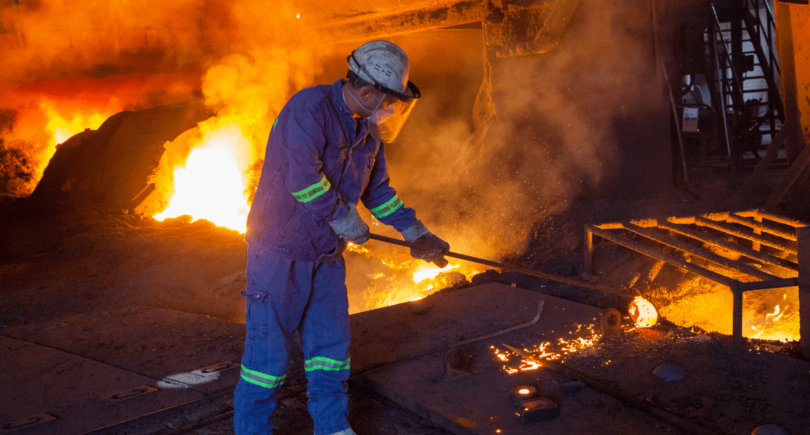
News Global Market Great Britain 1247 12 August 2024
The proposal includes dividing the quota into two categories
The UK Trade Remedies Authority (TRA) has proposed to increase the import quota for hot-rolled flat products due to a reduction in domestic production. This is stated in a press release.
The proposal is driven by the recent closure of a blast furnace at Tata Steel UK’s Port Talbot plant as part of the transition to an electric arc furnace. Changing market conditions, including the above, have affected domestic flat steel production in the country. According to TRA, this led to an increase in imports, which consistently exhausted part of the quota for hot-rolled steel for four consecutive quarters, which, in turn, led to an increase in the cost of these products on the British market.
To address this issue, in February this year, TRA initiated a review of the import quota for hot-rolled plates at the request of Tata and Kromat Trading Ltd.
Due to the decline in domestic production of category 1 steel, the agency proposed to change this measure by duplicating category 1 and creating categories 1A and 1B.
- The quota for 1A, which will be available to parties wishing to import products for commercial use, will be maintained at the current level.
- The quota for 1B, which will be available exclusively for products supplied for further processing, will be set at 89% higher than for category 1A.
The import quota for category 1A is just over 1 million tons per year, and for 1B – about 1.9 million tons per year. Taking into account the volume of these two categories, the total quota for category 1 will be approximately 2.9 million tons per year. If these limits are exceeded, importers will have to pay a 25 percent tariff.
In addition, the agency proposed that the 1B quota should also be distributed on a global basis. This should allow companies to create reliable supply chains for domestic processing. It also suggests setting an upper limit within the quota of 37-42% to prevent exports from one country from dominating this new quota.
According to TRA CEO Oliver Griffiths, the agency’s new proposal is aimed at addressing the decline in hot-rolled flat steel production in Port Talbot.
“These changes have led to an increase in imports and the exhaustion of part of the current quota, which creates uncertainty and leads to higher costs for steel consumers. We propose to maintain the current quota for steel used for commercial applications and create a new quota available for further processing,” he said.
As GMK Center reported earlier, British traders are proposing to exclude hot-rolled coils from safeguard measures, as Tata Steel will not produce these products for sale in the country.




